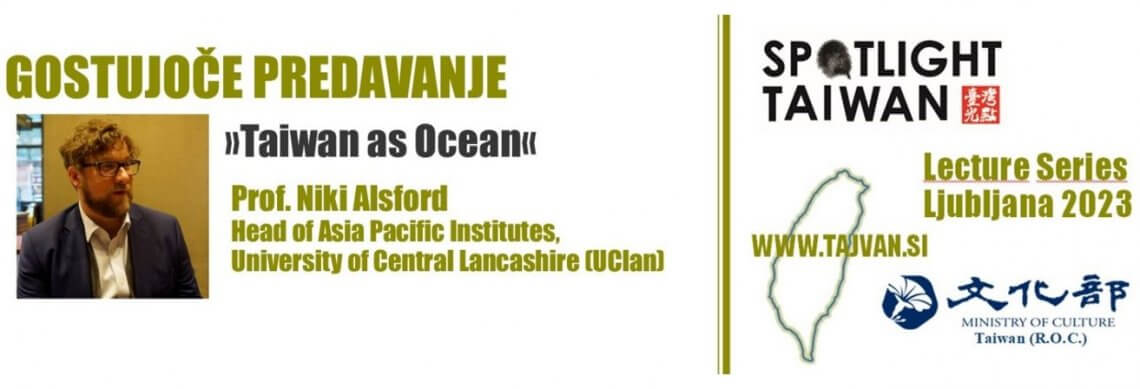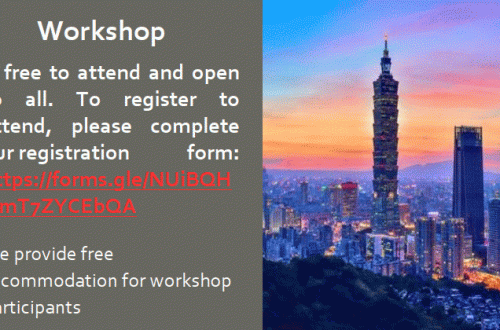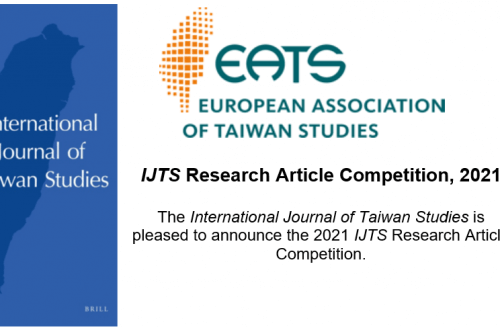
Gostujoče predavanje prof. Niki Alsford
Vabljeni na predavanje prof. Niki Alsford, predstojnika Azijsko-pacifiških inštitutov na University of Central LanCashire (UClan), ki bo v četrtek, 11. maja 2023, ob 16.20 uri v predavalnici 34, FF UL. Predavanje z naslovom »Taiwan as Ocean« bo osvetlilo pomen Tajvana kot zibelke avstronezijskih migracij. Predavanje bo v angleškem jeziku.
Niki Alsford is Professor in Asia Pacific Studies and Head of Asia Pacific Institutes at the University of Central Lancashire (UClan). He is also Research Associate at the Centre of Taiwan Studies at SOAS, University of London His research focuses mainly on Taiwan comparative ethno-histories and the historical anthropology of Austronesian migration and maritime Asia Pacific.
Abstract: Taiwan as the cradle of Austronesian expansion is a widely accepted hypothesis. It is home to nine languages in the Austronesian language family, one of which is widely acknowledged to be the progenitor of all the subsequent spread. Yet as with all settler-colonial nations, its history is framed in reference to land—who oversaw and cultivated the land, who invaded it, stole it, and how it become commodified, broken into pieces, and sold. Taiwan is an island with a long history of colonisation layered both by Europeans and non-Europeans since first contact in the seventeenth century. Narrating Taiwan from an indigenous peoples’ perspective requires rethinking a consensual national narrative. That narrative is deficient not in its facts, dates, or details, but rather in its essence. Instead, the historical narrative has been informed by an inherent myth that urges Taiwanese to accept and embrace their settler, colonial past. This narrative persists solely to prevent challenges to the orthodoxy, and not from a desire to nativise the past. This discussion is not the first to confront this phenomenon, but rather it aims to contribute to a continued effort to reframe the narrative of Taiwan perched on the edge of continent, to instead focus on Taiwan on the edge of ocean. This new lens emphasises its islandness and highlights its importance as the cradle of Austronesian expansion. Attention to this is important. Like all Pacific islands, the colonial layering of Taiwan’s environment needs to be understood, to wit: the predominant narrative houses indigenous identities and languages (island ecologies) beneath coloniser identities and languages (continental ecologies).






